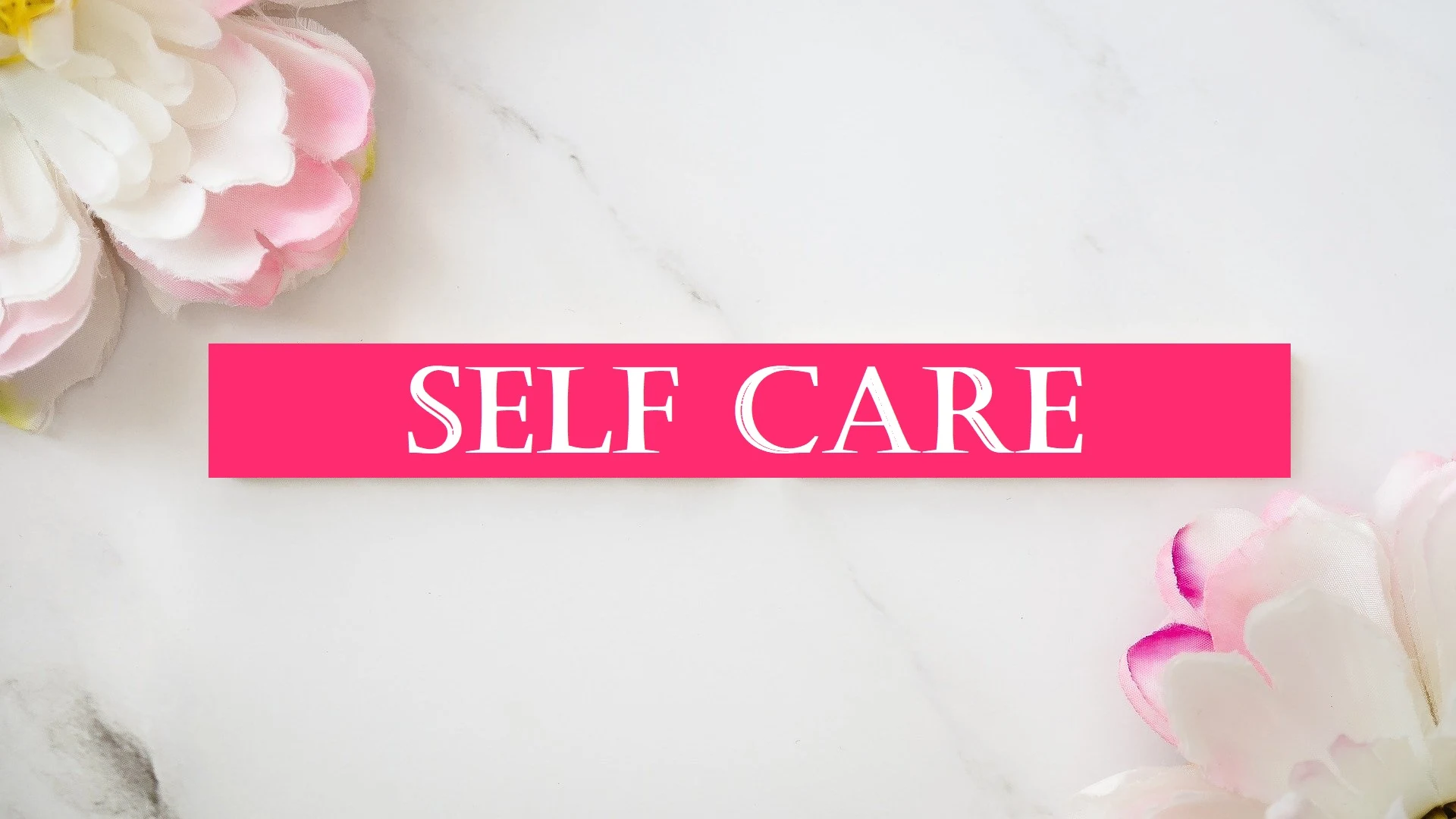The Importance Self-Care Tips for Daily Practices
In an era where the demands of life often feel overwhelming, the importance of self-care has gained recognition as an essential component of overall well-being. Self-care encompasses a range of activities that nurture physical, mental, and emotional health, allowing individuals to recharge and maintain a sense of balance. By incorporating daily self-care practices, we can foster resilience, reduce stress, and enhance our quality of life. This essay outlines practical self-care tips that can easily be integrated into everyday routines.
Establish a Morning Routine
The way we start our day significantly influences our mood and productivity. A well-structured morning routine can set a positive tone and create a sense of purpose. Consider incorporating mindfulness practices such as meditation or deep breathing exercises for 5-10 minutes. This time allows for reflection and helps clear the mind of clutter. Additionally, engaging in physical activity—be it yoga, stretching, or a brisk walk—can invigorate the body and prepare you for the day ahead. Complementing this with a nutritious breakfast ensures that your body receives the energy it needs to function optimally.
Stay Hydrated
Hydration plays a crucial role in maintaining physical health and cognitive function. Water is essential for digestion, circulation, and temperature regulation. Aiming to drink at least eight glasses of water daily is a good standard; keeping a reusable water bottle nearby can serve as a reminder to hydrate. Additionally, incorporating herbal teas or infused water can make hydration enjoyable and flavorful.
Practice Mindful Eating
In our busy lives, meals can often become rushed or distracted experiences. Practicing mindful eating allows us to savor our food and develop a healthier relationship with it. This involves eating without distractions—like screens or multitasking—and truly focusing on the flavors, textures, and nourishment of our meals. By taking the time to appreciate what we consume, we can improve digestion and foster a greater appreciation for the food that fuels our bodies.
Take Regular Breaks
Incorporating short breaks into your daily routine can significantly enhance productivity and mental clarity. The Pomodoro Technique, which suggests working for 25 minutes followed by a 5-minute break, is an effective way to maintain focus and prevent burnout. During these breaks, consider stepping outside for fresh air or engaging in a brief mindfulness exercise to refresh your mind. Even a few moments of respite can rejuvenate your spirit and enhance creativity.
Connect with Loved Ones
Social connections are vital for emotional health. Regularly reaching out to friends or family, even through a quick text or call, can strengthen bonds and provide support. Scheduling regular catch-ups, whether in person or virtually, fosters a sense of community and belonging. These connections serve as a reminder that we are not alone in our experiences, which can be incredibly comforting.
Limit Screen Time
While technology can be a valuable tool, excessive screen time often leads to stress and fatigue. Setting boundaries around technology usage can help mitigate these effects. Designate specific times for checking emails or social media and engage in offline activities that bring you joy, such as reading, crafting, or spending time outdoors. Reducing screen time can lead to increased focus, better sleep, and enhanced overall well-being.
Engage in a Creative Outlet
Creativity is a powerful form of self-expression that can serve as an effective self-care practice. Engaging in hobbies such as painting, writing, playing music, or gardening allows for personal expression and stress relief. These activities can boost mood and provide a sense of accomplishment, making them invaluable additions to your daily routine.
Practice Gratitude
Cultivating gratitude can significantly shift our perspective and improve mental health. Keeping a gratitude journal where you write down three things you are thankful for each day can promote positivity and resilience. Sharing positive experiences with loved ones not only reinforces those feelings but also fosters a supportive environment.
Prioritize Sleep
Quality sleep is essential for both physical and mental health. Strive for 7-9 hours of sleep each night by establishing a relaxing bedtime routine. Activities such as reading, taking a warm bath, or practicing gentle stretches can signal to your body that it’s time to wind down. Maintaining a consistent sleep schedule helps regulate your internal clock, leading to better sleep quality.
Reflect and Adjust
Self-care is a personal journey that requires regular reflection and adjustment. What works well at one time may not suit your needs later. Periodically assess your self-care practices to determine what feels beneficial and what may need to change. Being open to adjustment allows for a more tailored approach to your well-being.
Conclusion
Incorporating self-care into daily life is essential for maintaining balance and resilience. By establishing simple, mindful practices, individuals can enhance their physical health, emotional well-being, and overall happiness. Remember, self-care is not a one-size-fits-all endeavor; it is a continuous journey that requires attention and adaptation. Prioritizing self-care empowers us to lead more fulfilling lives, ultimately benefiting not only ourselves but also those around us.


Comments
Post a Comment